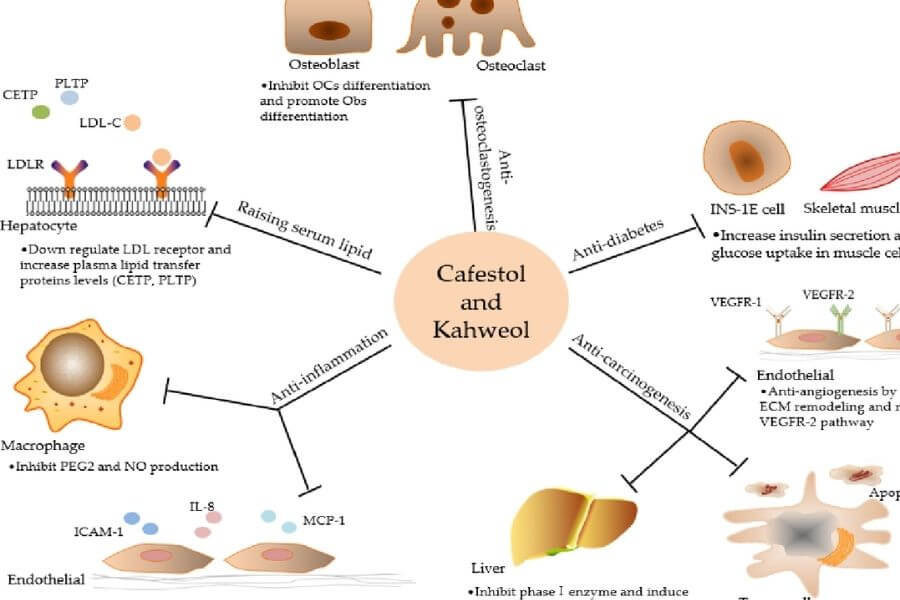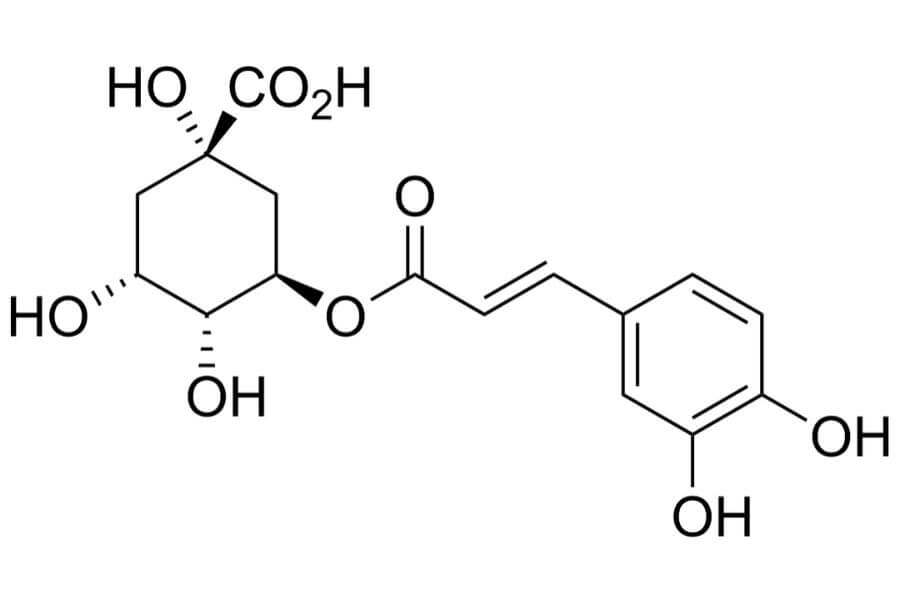The world without a coffee is something unimaginable. With the different generations depending on it, shouldn’t we at least find out what are its constituents and benefits? Drinking coffee definitely rejuvenates us but can it prove to be precarious or beneficial to our health? So let’s explore our favorite drink.
Studies On Coffee And What Those Studies Mean
Coffee is more than just caffeine. Each of its components has an effect on the body. There are studies that present coffee to be a promoter of diseases and equally many studies that prove it to prevent many diseases. This is where the type of studies come into play. There are no prospective cohort studies that link coffee with CVD but present epidemiological studies show that coffee increases homocysteine levels and blood pressure. Epidemiological studies show that coffee is good to prevent liver diseases like hepatocellular carcinoma and also Type 2 DM and Parkinson’s.
Coffee Recommendations And Vulnerable Populations

Consumption of 3-4 cups of coffee accounting to 300-400 mg/day of caffeine is alright. Vulnerable populations such as the elderly, pregnant, and lactating women, adolescents, and children need to regulate their coffee intake. Studies have shown that excess consumption of coffee in pregnant women has to lead to spontaneous abortions or retarded fetal growth.
Do understand that most benefits/disadvantages of coffee are seen through observational studies which cannot be regarded as concrete evidence for formulating recommendations for a particular population.
Coffee’s Constituents And Its Effects In Our Body
Caffeine

It is an alkaloid that is extracted from the coffee beans. The caffeine exerts its influence on the adenosine receptors. Its effect is antagonistic in nature which results in stimulation of the central nervous system. This can cause diuresis, an increase in metabolic rate, and also blood pressure. The caffeine is absorbed rapidly in the stomach and also the intestine. This then reaches various organs, including the brain. The caffeine is metabolized by the liver for excretion. Studies show that the average caffeine content in a cup of coffee ranges from 70-130mg (in 240 ml of coffee) whereas the espresso shot contains 58-76 mg of caffeine in it.
Cafestol And Kahweol

Certain observational studies show that coffee can increase total cholesterol and LDL cholesterol. Since these are only observational studies and not epidemiological or longitudinal studies, the value of this statement is diminished. Cafestol and Kahweol are the components of coffee that have cholesterol-raising effects. Meta-analysis shows that boiled coffee consumption has increased cholesterol-raising capabilities whereas the filtered coffee has a minimal effect. Turkish coffee, coffee from the French press contained more of Cafestol and Kahweol whereas filter coffee, percolated coffee and instant coffee had little to no content.
Chlorogenic Acid

The chlorogenic acid and caffeine (cinnamic) acid of coffee acts as a substrate for colonic bacteria to metabolize on. Chlorogenic acid is said to have antioxidant properties in vitro studies but the antioxidant capacity in vivo is questioned as it is quickly metabolized in the body. Chlorogenic acid is also said to be an inhibitor for the absorption of iron and calcium from food sources- a reason why coffee consumption post meals aren’t beneficial.
Micronutrients

Coffee also contains micronutrients such as magnesium, potassium, vitamin E, and niacin. 1-3 mg of nicotinic acid is present in a cup of coffee. Though coffee has vitamin E, it isn’t a major source for it as only 0.1% of the RDA (USA) would be achieved through coffee consumption.
Coffee And Control Of Diabetes

Clinical trials have shown that acute consumption of coffee can increase glucose intolerance and decrease insulin sensitivity. This effect was because of the caffeine content. When coffee drinkers were made to switch to decaffeinated coffee, their blood tests revealed lower blood sugar levels. In contrast to such studies, studies on men and women who drank 10 cups of coffee per day had a 79% lower risk for Type 2 DM than those people who drank only 2 cups a day. These studies found a relation that a high caffeine content would lower the risk of diabetes.
Coffee And Parkinson’s Disease

Caffeine intake was inversely associated with Parkinson’s Disease. This does not mean that coffee wards of the possibility of Parkinson’s disease. The Health Professionals Follow-Up study showed that the risk of Parkinson’s disease was halved in those who drank at least one cup of coffee a day, as opposed to those who didn’t drink coffee at all. An interesting study from the Nurse’s Health study revealed that women who didn’t take postmenopausal estrogen had a lesser risk of Parkinson’s if they consumed coffee but those who did take postmenopausal estrogen had an increased risk of cancer if they consumed 6 cups of coffee.
Conclusion
Similarly, through a variety of enzymatic interactions and metabolic processes, coffee and its constituents exert an effect in the prevention of colorectal cancer and a decrease in hepatic disorders and enhance one’s cardiovascular health. Alternatively, going beyond the limit and recommendations of consumption has caused deleterious effects on our bodies. It is crucial to understand coffee, its effects on our body, and whether its consumption is affecting our lifestyle. Understanding the benefits and downfalls of every ingredient and its incorporation into your life will prove to be beneficial.







